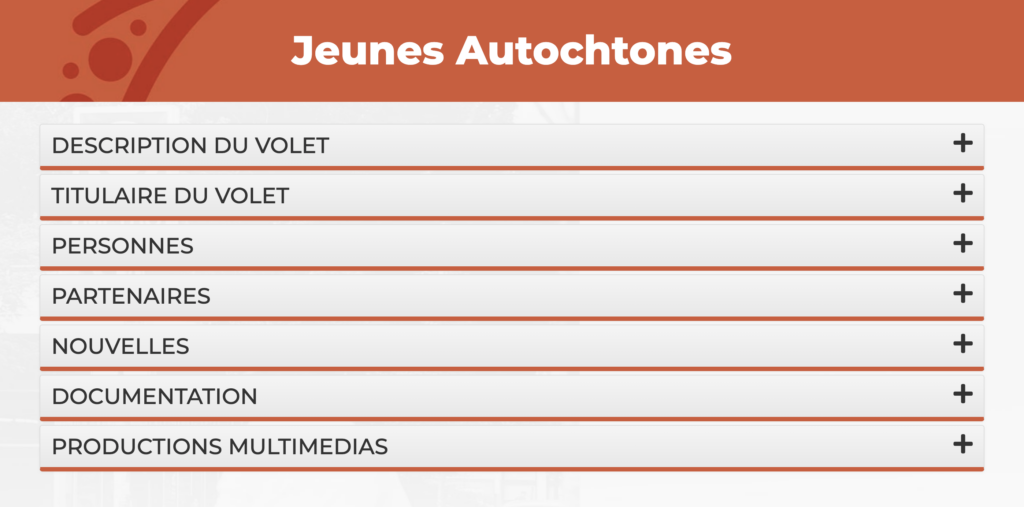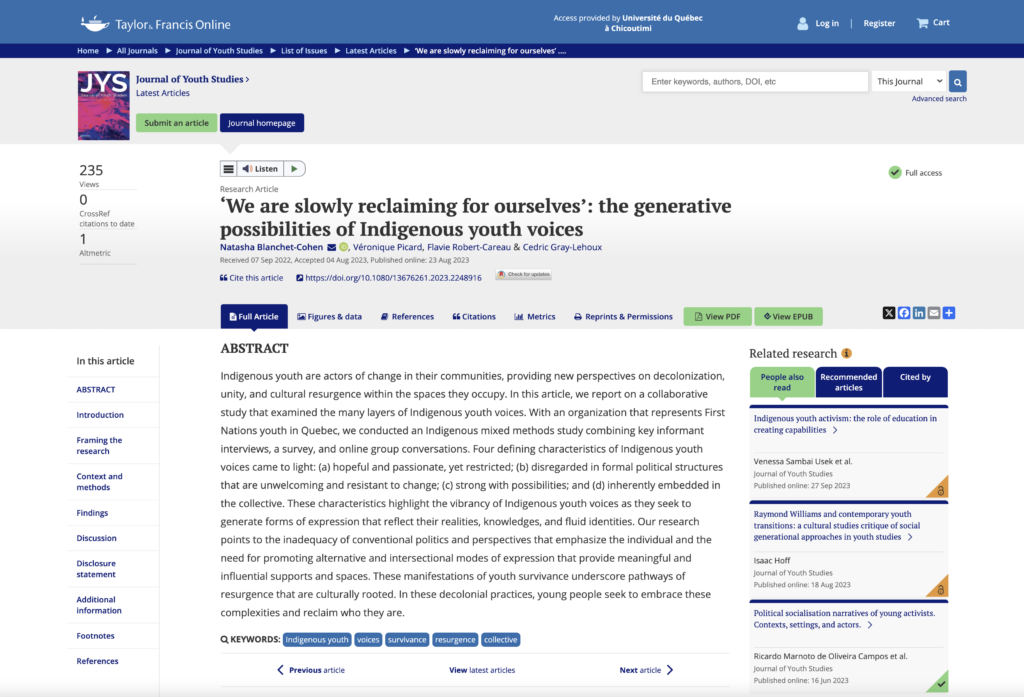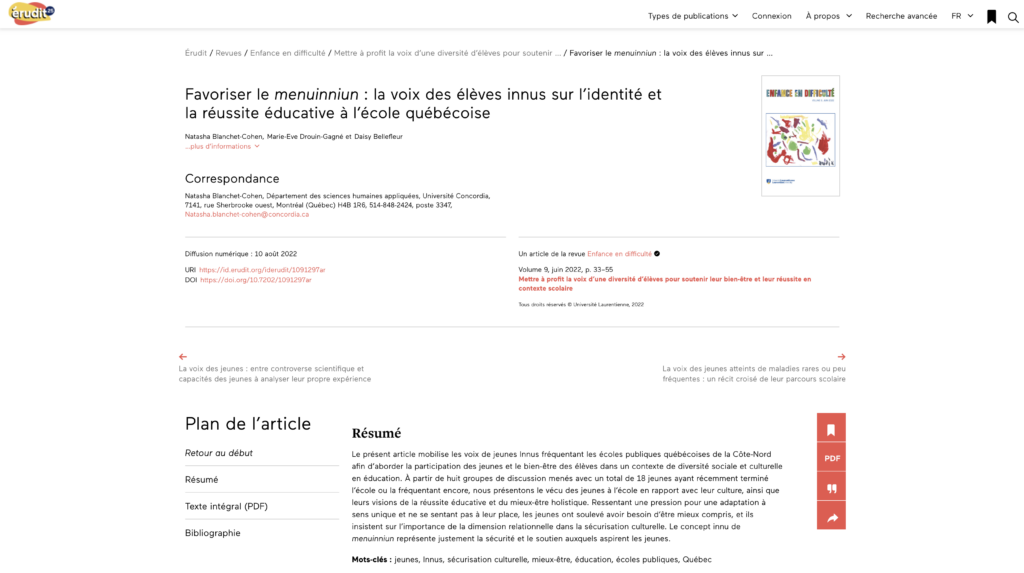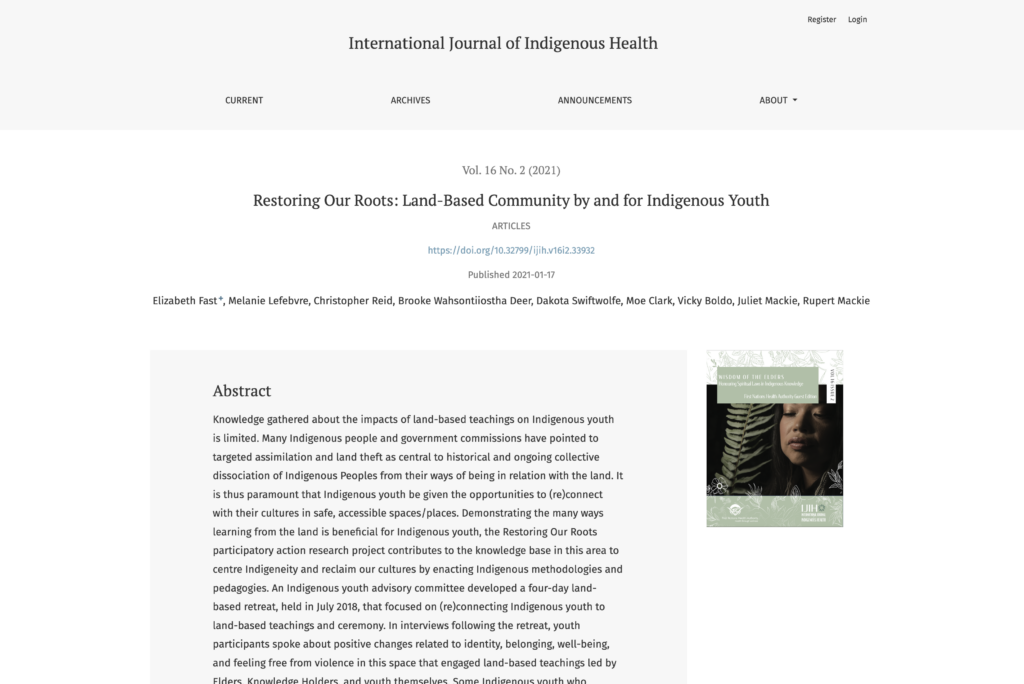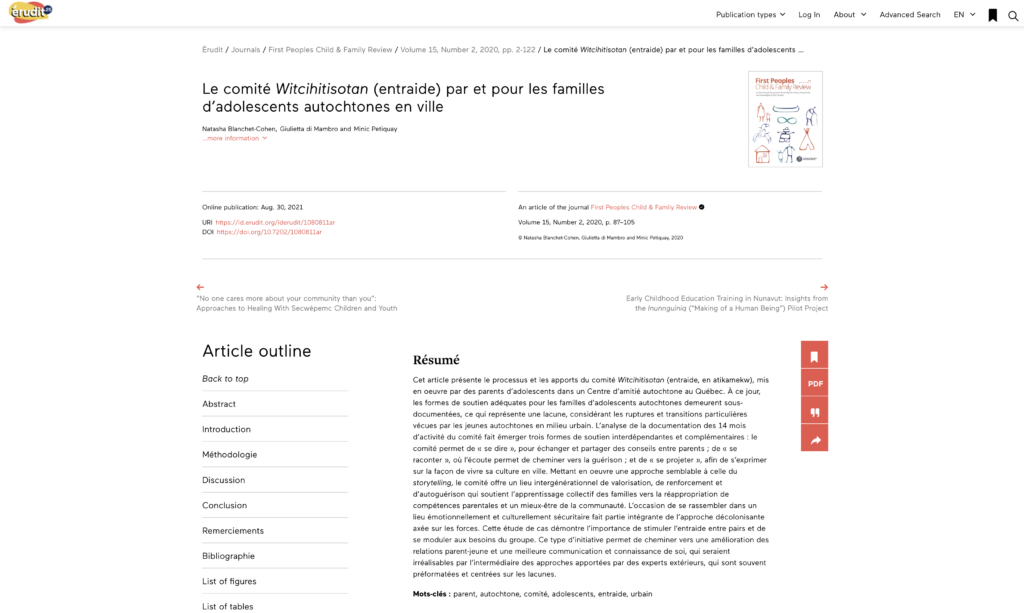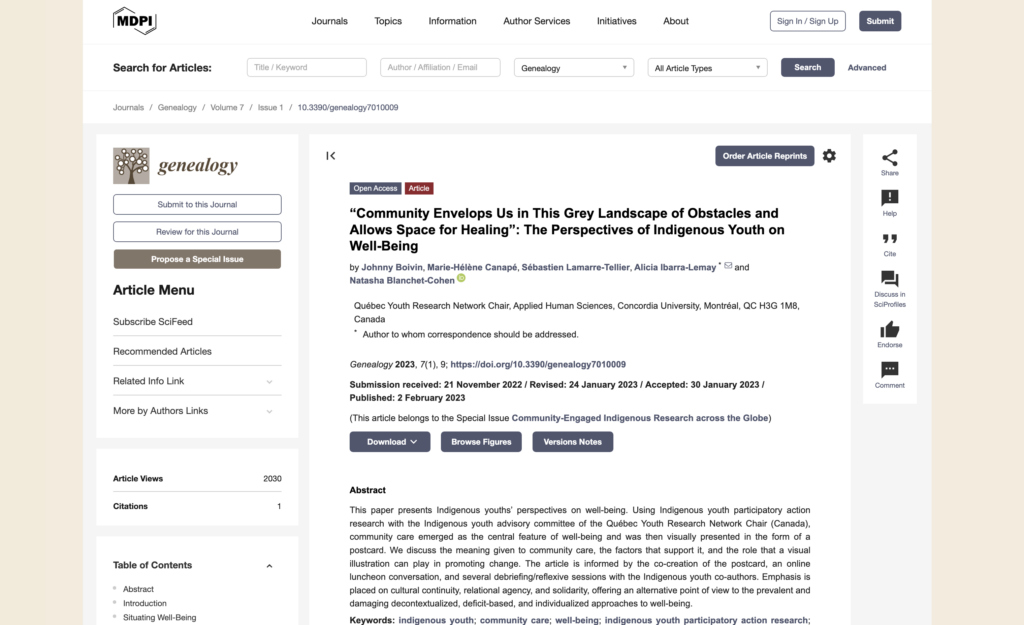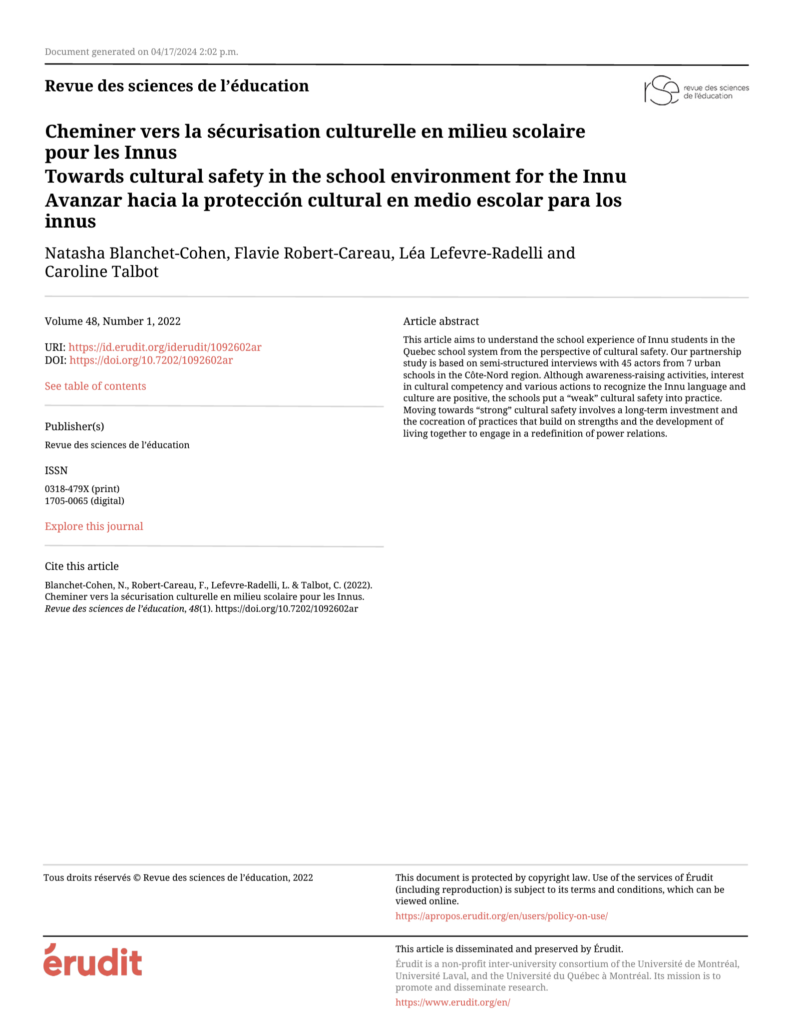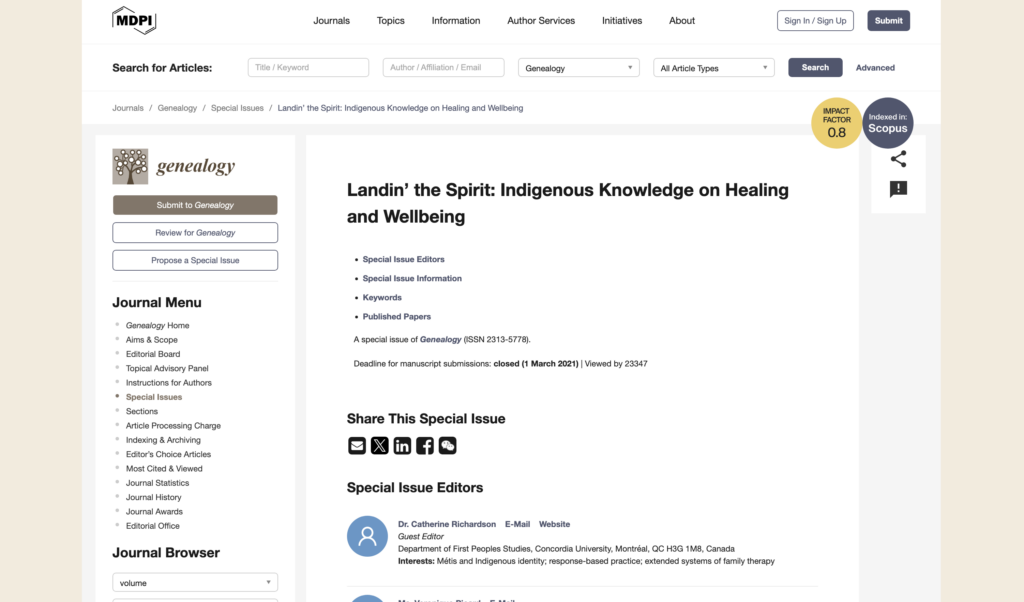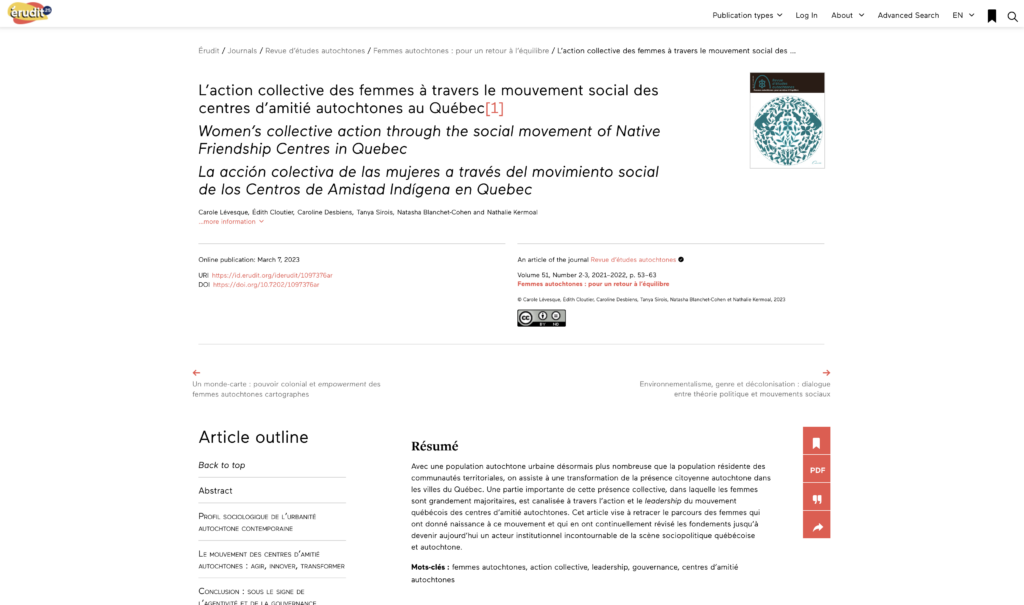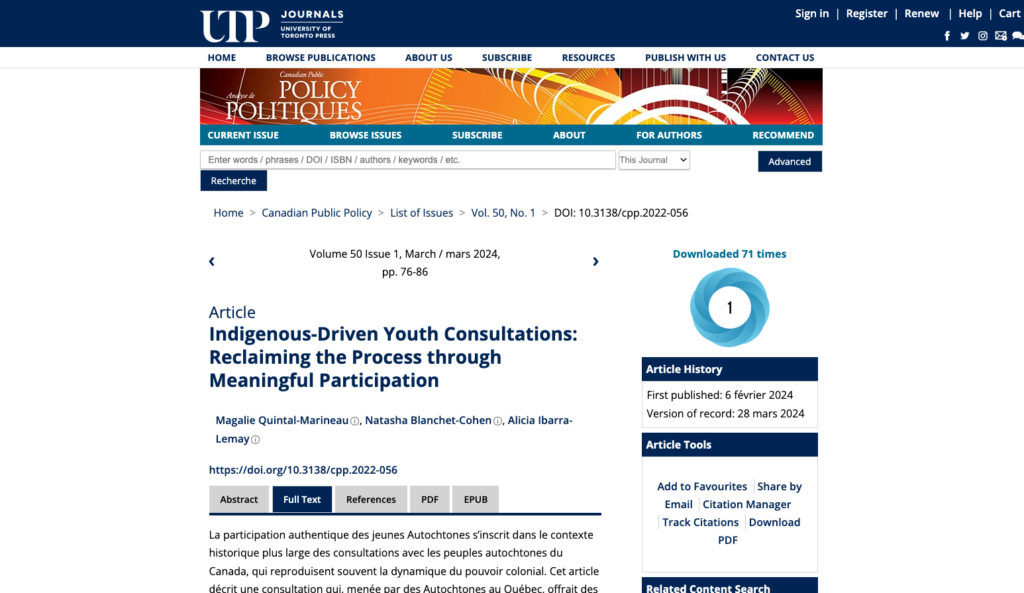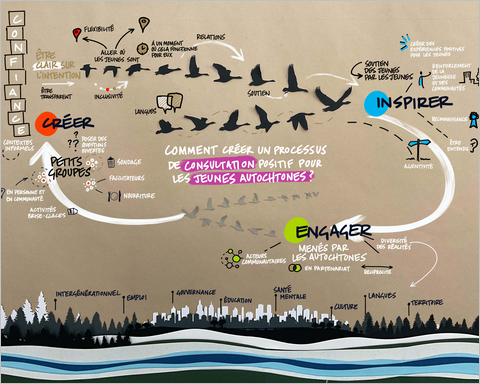Notice bibliographique
Ouellet-Plamondon, C., Abdel-Baki, A., Salvat, É. et Potvin, S. (2017). Specific impact of stimulant, alcohol and cannabis use disorders on first-episode psychosis: 2-year functional and symptomatic outcomes. Psychological Medicine, 47(14), 2461-2471.
Résumé
Background : Many studies have concluded that cannabis use disorder (CUD) negatively influences outcomes in first-episode psychosis (FEP). However, few have taken into account the impact of concurrent misuse of other substances.
Methods : This 2-year, prospective, longitudinal study of FEP patients, aged between 18 and 30 years, admitted to early intervention programs in Montreal, Quebec, Canada, examined the specific influence of different substance use disorders (SUD) (alcohol, cannabis, cocaine, amphetamines) on service utilization, symptomatic and functional outcomes in FEP.
Results : Drugs and alcohol were associated with lower functioning, but drugs had a greater negative impact on most measures at 2-year follow-up. Half of CUD patients and more than 65% of cocaine or amphetamine abusers presented polysubstance use disorder (poly-SUD). The only group that deteriorated from years 1 to 2 (symptoms and functioning) were patients with persistent CUD alone. Outcome was worse in CUD than in the no-SUD group at 2 years. Cocaine, amphetamines and poly-SUD were associated with worse symptomatic and functional outcomes from the 1st year of treatment, persisting over time with higher service utilization (hospitalization).
Conclusion : The negative impact attributed to CUD in previous studies could be partly attributed to methodological flaws, like including polysubstance abusers among cannabis misusers. However, our investigation confirmed the negative effect of CUD on outcome. Attention should be paid to persistent cannabis misusers, since their condition seems to worsen over time, and to cocaine and amphetamine misusers, in view of their poorer outcome early during follow-up and high service utilization.
Hyperlien
https://doi.org/10.1017/S0033291717000976Publication du membre
Dre Amal Abdel-BakiAppartenance aux volets












